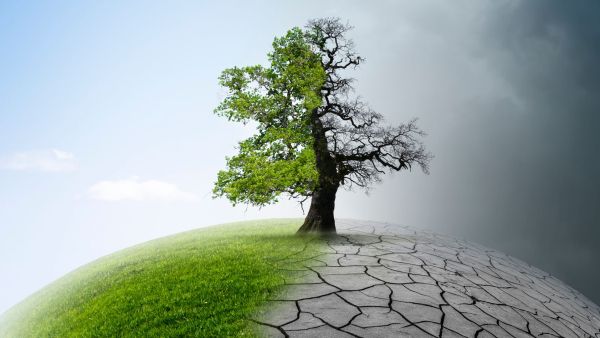More than one million people in the European Union still lack access to safe and clean drinking water and nearly 2 % of the EU population doesn't have access to sanitation*. This is why the Socialists and Democrats today backed a parliamentary resolution calling on the Commission to urgently present a proposal to end this situation.
The S&D Group managed to overcome the initial opposition of the EPP and ECR Groups and secured the main progressive demands in the resolution, such as the recognition of water and sanitation as a public good that cannot be used for profit.
MEP Matthias Groote, who is the S&D spokesperson on health and climate, said:
"Access to water and sanitation should be recognised as a human right across all relevant EU legislation.
"We want the exclusion of water and sanitation from market rules (against EPP and ECR), as well as exclusion of these services from any international trade deal, now and in the future. We also strongly oppose any privatisation of these public services.
"Furthermore the special character of water and sanitati
on services, such as production, distribution and treatment, makes it imperative to exclude them from any the EU is negotiating or considering.
on services, such as production, distribution and treatment, makes it imperative to exclude them from any the EU is negotiating or considering.
"There should be no cuts in the water supply for families going through hardship, because water management should not follow the logics of profit. Therefore, development policies of EU member states should recognise the human rights dimension of access to safe drinking water and sanitation."
S&D shadow rapporteur, MEP Iratxe García Pérez, said:
"Water is a public good, and we will always oppose any attempt to privatise it. It is hard to understand why the right-wing MEPs in the Parliament try to undermine the citizens' initiative and weaken the demands for a fair and social use of the access to water.
"We as Socialists and Democrats have pushed for a firm support of citizens' demands, and we will continue to do so."
* World Water Assessment Programme (WWAP)









